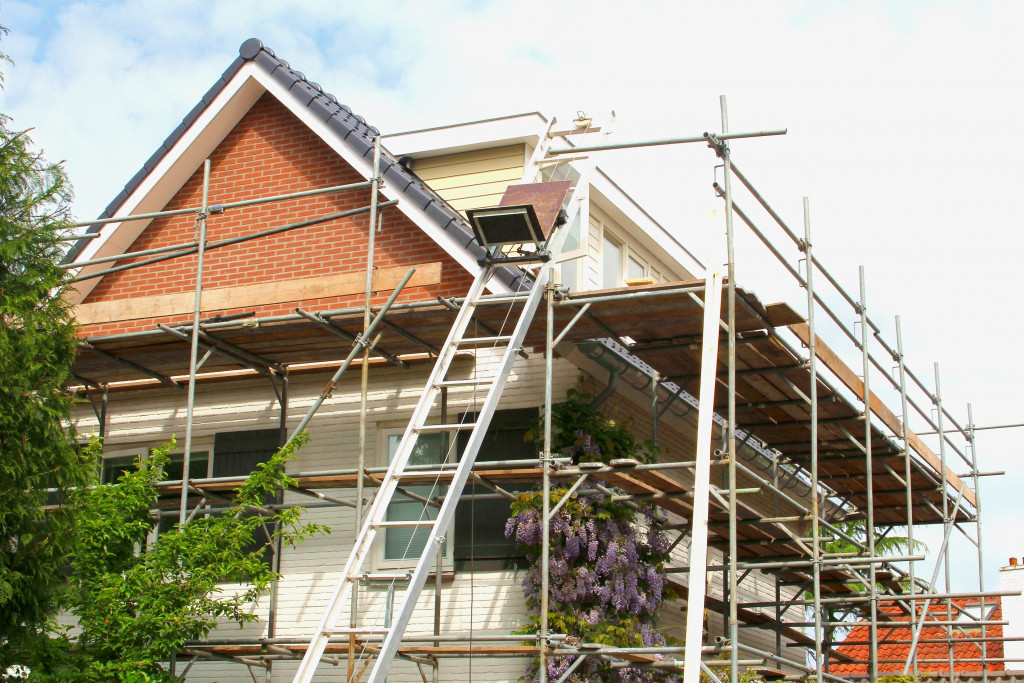Home improvement projects increased when the pandemic started as people spent more time at home. This allowed them to take note of the things they needed to improve in their homes. Renovating a part of the house is challenging. And once homeowners complete the work, they’ll likely be pleased with themselves.
But homeowners should avoid common mistakes that some people make when improving or renovating their homes. Some of these mistakes might be simple, but they can significantly affect the entire project. Here are the mistakes that homeowners should avoid making when renovating or improving their homes.
Working Without a Contract
Homeowners should always have a contract with the professional who will work on the project. You should not settle for a quote or a signed offer from the contractor. You should also go through the contract before signing it. It should include the contractor’s name, the contact details and address of the contractor, the estimated start and completion of the project, the scope of work, and a statement allowing you to cancel it if you sign the contract outside of the permanent business address of the contractor.
The contract reduces any misunderstandings between you and the contractor. It also shows the amount you need to pay for the project. You should also make sure to work with experienced contractors to avoid home improvement scams.
Building Without a Permit
Minor home improvement projects, such as floor replacement and painting, do not require permits. But if the project requires a major renovation of the house, you need to secure a permit from the municipal or city office. These projects include building fences, putting up certain fences, and doing some electrical or plumbing work.
If you do not get a permit, you have an issue with the local authorities in the future. You can work with your architect or contractor to know the type of permit you need to apply for. They can also help tell you the process of applying for these permits. Make sure to get the permit approved before the contractor starts working on the project.

Using Low-Quality Materials
Renovating or improving the home is supposed to make the house look better. So, you should avoid using low-quality materials for the project. While you can save money if you use these types of materials, they might not last long. In this situation, you’ll end up spending more on the project since you’ll have to hire another contractor to fix whatever issues that emerge due to the low quality of the materials you used on the project.
If you’re already about to start the project and noticed that the contractor brought low-quality materials, you might want to replace them. In this situation, you can buy it online and have a door-to-door delivery service bring the materials to the site. With this, you can reduce any delays in the project and allow you to make the renovations you wanted in the house as soon as possible.
Not Monitoring the Project
Another mistake that homeowners can make when renovating their homes is when they do not monitor their projects. Some contractors arrange a place where the family can stay while they work on the house.
In this situation, the homeowner should visit the project site regularly and stay in contact with the contractor and architect. If he sees any mistakes, he should inform the contractor immediately to avoid bigger issues in the future once the project is complete.
Underestimating the Cost
Planning a home renovation or improvement project requires homeowners to estimate the cost of the entire project. This allows them to prepare their finances and set aside money for the project. The project’s cost depends on the type of work required for it, the size of the project, the materials needed, and other elements associated with the project.
You can work with your architect in coming up with the estimate. If the cost is too high, you have to change the design to bring the cost down. Or you can also work on the other parts of the project later when you get additional financing for it.
At this point, you should make sure to monitor the expenses to avoid overspending. You should also set aside a contingency fund if you need to spend more than what was originally in the budget. This might happen when prices of materials inexplicably go up or when there are necessary changes in the project’s design.
Homeowners should avoid common mistakes when renovating a house to prevent issues from emerging in the future.







